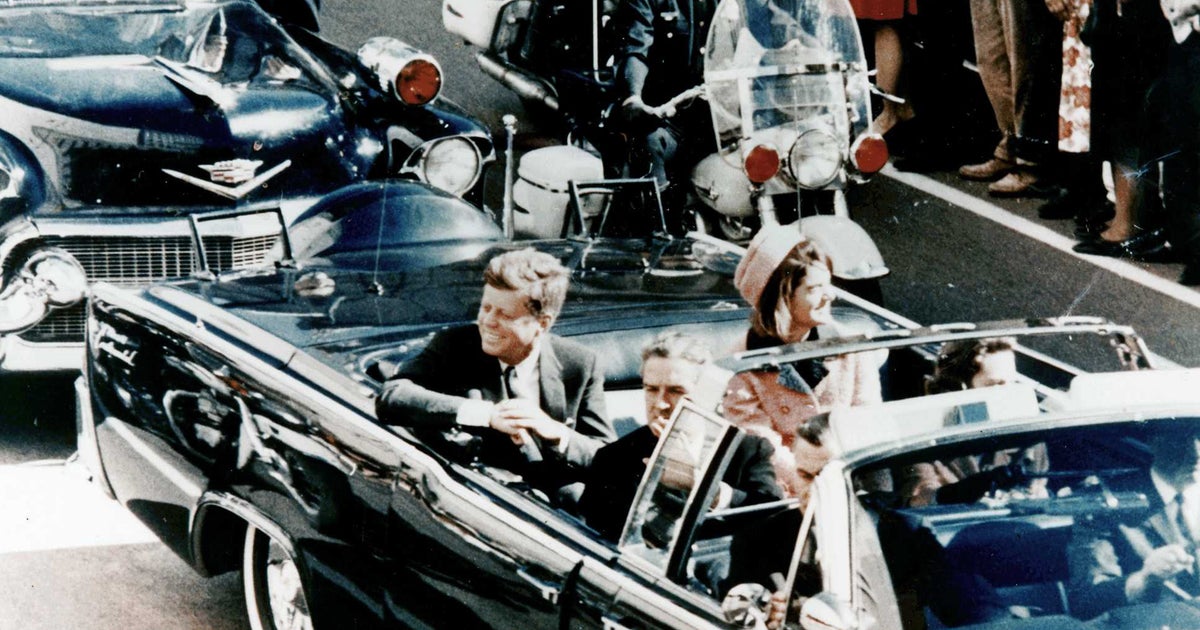Astonishingly scything through arch-foe Hezbollah’s upper echelons, remorselessly picking off leaders and military commanders one after another, Israel’s becoming increasingly bullish, convinced the disaster of Oct. 7 is being paid back.
Israel is being made safer, victory snatched from the jaws of defeat — or so its leaders argue. And soon, they believe, it will achieve the unbelievable — vanquishing both of Iran’s key allies in the region: Hamas and Hezbollah — the redrawing of the Middle East’s geopolitical map within its grasp.
Of course, how Israel’s military campaign actually fares — whether Iran and Hezbollah find a convenient hook to disengage, are thoroughly defeated on the battlefield or, as some fear, Israel is beckoned by a quagmire in the stony, ravine-filled terrain of southern Lebanon — only time will tell. But whatever happens, the cost in human misery and lives will be high. And as Israelis continue to mourn those murdered in Hamas’ slaughter of innocents, many are in no mood to think much about the human toll in Lebanon or Gaza.
But while it’s premature for Israel to celebrate its extraordinary military achievements, there can be no doubt that Iran and Hezbollah are on the back foot. And that is thanks to the miscalculations made by both Hezbollah’s now-dead leader of three decades, Hassan Nasrallah, and the mullahs in Tehran.
In Nasrallah’s case, the missteps cost him his life — as did his decision to remain in Lebanon, despite being urged to flee by Iran’s Ayatollah Ali Khamenei, his friend and backer.
“Already, Hezbollah has been greatly diminished,” said Paul Salem, former president of the Middle East Institute. “Hezbollah’s charismatic leader is gone; most of the leadership is gone; their communications are hit. They’ve lost their deterrent power against Israel, and they have no defense against Israel’s aerial attacks. Hezbollah’s raison d’être — defending the villages of the south — has gone too. They’ve all been evacuated,” he told POLITICO.







